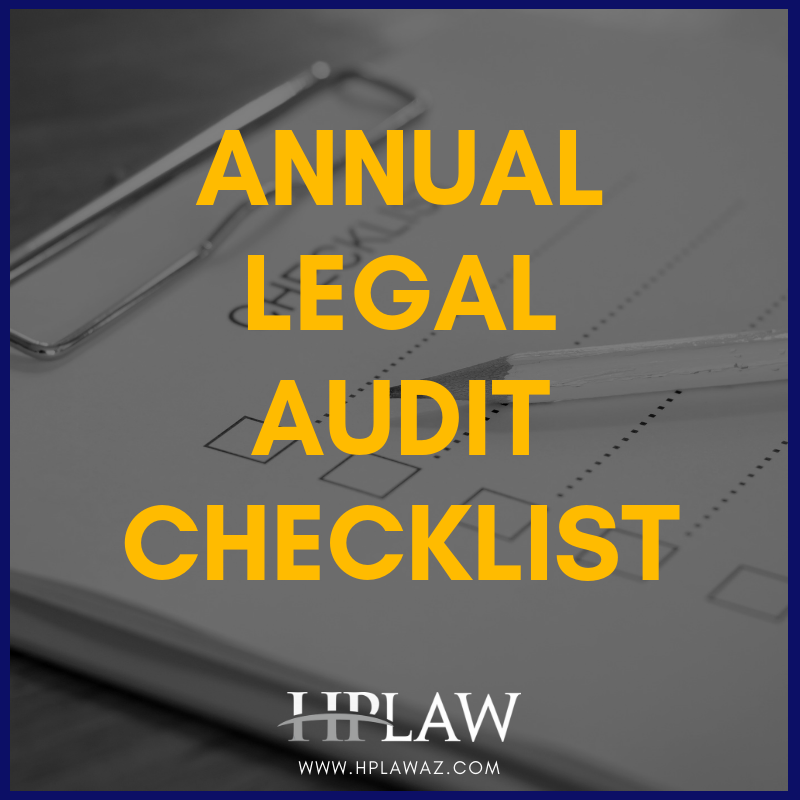Legally Speaking: The SECURE Act

THE SECURE ACT
A New Law Changes How Retirement Accounts are Inherited
The SECURE Act became effective January 1st and is the most important law passed in decades governing Retirement Accounts (IRA, 401k, etc.). The highlights include:
• Your Required Minimum Distributions (RMDs) can be delayed until you’re 72 (not 70 ½).
• Age restrictions for contributions to retirement accounts are eliminated.
• Most beneficiaries of retirement funds must withdraw the entire balance within 10-years of your death.
Exceptions to the new 10-Year Withdrawal Rule:
Your Spouse or beneficiaries close to your age, minor children, and the disabled and chronically ill can stretch out withdrawal of inherited retirement funds more than 10 years.
The Old Law Allowed for More Tax-Free Growth!
Previously, beneficiaries could take distributions over their life expectancy, allowing investments grow tax-free for many years, or decades. For example, a $100K inherited IRA that is withdrawn slowly over 20 years can become $250K in total distributions with average market growth and compound interest.
The SECURE Act’s ten-year payout will accelerate income taxes and might bump a beneficiary into a higher tax bracket. Heirs will receive less over time than originally planned.
No Creditor Protection during the 10 Years
Your IRA/401k is legally protected from your creditors during your lifetime, but non-spouse beneficiaries (ie: children), have no legal protection from losing inherited IRA funds to creditors, lawsuits, or divorcing spouses.
Estate Plan Changes May be Necessary
A Trust can protect your retirement savings from any “drama” your loved ones might suffer. By creating (or amending) your Revocable Living Trust, or by creating a Standalone Retirement Trust (“IRA Trust”), you add protection an inherited IRA account cannot provide.
Older “Conduit Trust” language commonly used pre-SECURE Act will not provide legal protection beyond the 10 years. Updating your trust with “Accumulation Trust” language will better shield loved ones from unforeseen legal events. Ask your Estate Planning Attorney to explain the difference.
If your Retirement Savings are a large component of your financial legacy, consider using a Trust as the beneficiary. By placing individuals (other than maybe your Spouse) directly on beneficiary designation forms you cannot provide legal protection nor anticipate unique circumstances (like disability) that might occur. A Trust is a great tool to address the new mandatory ten-year withdrawal rule while also providing continued protection of a beneficiary’s inheritance.
If your financial professional warns that naming a Trust the beneficiary of an IRA or 401k is terrible from a taxation standpoint, your advisor is not up to date with modern trust developments that avoid these unwanted tax events.
Review Intended Beneficiaries & Consider Other Strategies
Always maintain beneficiary designations up to date and consider a Trust as the beneficiary. The beneficiaries of your Trust will still receive your retirement funds on a tax-deferred basis and will do so without risking total loss to frivolous litigation.
If you are charitably inclined, consider using retirement assets to fulfill charitable desires. If you are worried about the amount available to your beneficiaries and the impact accelerated income tax may have on their inheritance, consider different strategies with your legal, financial and tax advisors to infuse your estate with additional cash upon your death.
By revisiting your Retirement Accounts and their effect on your overall Estate Plan now, in light of these dramatic new laws, you can better…
Leave a Legacy! Not a Burden.

We are a local Glendale AZ firm dedicated to personalized legal services at a reasonable cost with a focus on Estate Planning, Probate, Asset Protection & Small Business Planning. We are committed to high-quality personalized service and look forward to talking with you.
You may also call us directly at 623-299-2722.




Sorry, comments are closed for this post.